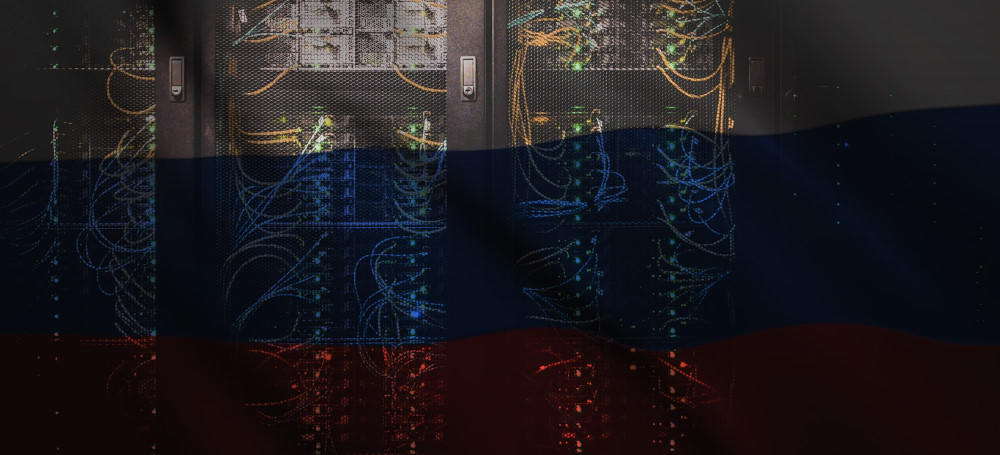On December 23rd, tests of the stability of RuNet passed successfully, Deputy Minister of Communications of Russia Alexei Sokolov, who led the exercise said.
According to him, the exercises to ensure the stability of the RuNet showed the willingness of government bodies and telecom operators of the Russian Federation to effectively respond to risks and threats to the stability of the RuNet and public communication networks.
He clarified that the scenarios were implemented over several days, and on December 23rd the results were summed up. The exercises were held in Moscow, Rostov, Vladimir and other constituent entities of the Russian Federation.
During the exercises, he said, several scenarios were played out.
One of them was related to the integrity and security order of the stability of the Internet in the Russian Federation, including as a result of external negative influences.
The second concerned the security of cellular subscribers, including the protection of their personal data, the ability to intercept traffic and disclose information about their location. In addition, the risks and vulnerabilities of the Internet of Things devices were investigated, including when used at critical infrastructure facilities.
Sokolov emphasized that the exercises aimed to “ensure the smooth operation of the Internet in the Russian Federation under any circumstances.”
The exercises that will be held in the future, they will prepare new scenarios. Conclusions from past exercises will be summarized and presented to Russian President Vladimir Putin.
The package of amendments to the laws “On Communications” and “On Information”, which provides for the integrity, stability and security of the Internet in Russia in case of external threats (the so-called “Law on Sustainable / Sovereign Runet”), entered into force on November 1st.
It provides for the creation in the Russian Federation of an independent infrastructure that provides Internet routing when it is not possible to connect to foreign root servers. Also, according to the provisions of the new law, telecom operators are required to establish technical means that can determine the source of traffic.
In the future, Russian telecom operators will be required to use the national domain zone – this rule of law will come into force on January 1st, 2021. From the same date, government agencies will be required to use exclusively domestic means of encrypting information.
The law provides that in cases of threats to the functioning of the Internet on the territory of the Russian Federation, Roskomnadzor may carry out centralized traffic control in the manner approved by the Government of the Russian Federation.
The types of threats are determined by the cabinet.
The requirements for ensuring the functioning of traffic exchange points will be approved by the Ministry of Communications in coordination with the Federal Security Service of the Russian Federation.
MSM is reporting that Russia is essentially testing how to completely isolate its citizens from the rest of the internet, and censor everything that doesn’t fit its agenda, but the reality of it seems much different.
The actions undertaken herein appear to be much more in the way of securing Russian internet against the propaganda campaigns and cyber attacks of Russia’s Western “partners.”
On December 26th the Washington Post reported that military cyber officials are developing information warfare tactics that could be deployed against senior Russian officials and oligarchs if Moscow tries to interfere in the 2020 US elections.
US Cyber Command and defense officials have refused to provide any comment.
“When the Russians put implants into an electric grid, it means they’re making a credible showing that they have the ability to hurt you if things escalate,” said Bobby Chesney, a law professor at the University of Texas at Austin. “What may be contemplated here is an individualized version of that, not unlike individually targeted economic sanctions. It’s sending credible signals to key decision-makers that they are vulnerable if they take certain adversarial actions.”
Furthermore, the US military doctrine states that a conventional response is possible against a cyber-attack.
Russia’s doctrine contains no such thing, and it rather chose to employ its own measures, limiting outside access in order to avoid cyber-attacks and psy-ops from the US and co. They openly admit to undertaking such actions, so Moscow appears to be undertaking the most defensive possible route.
MORE ON THE TOPIC:






